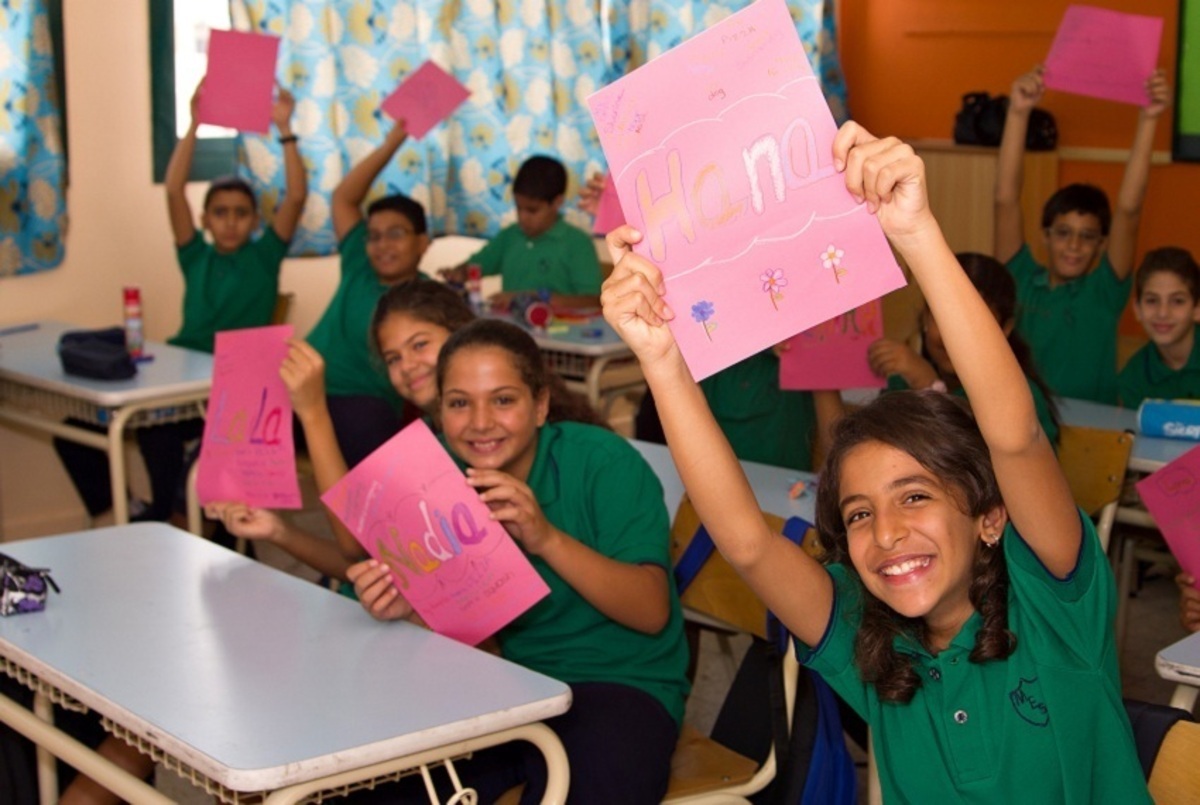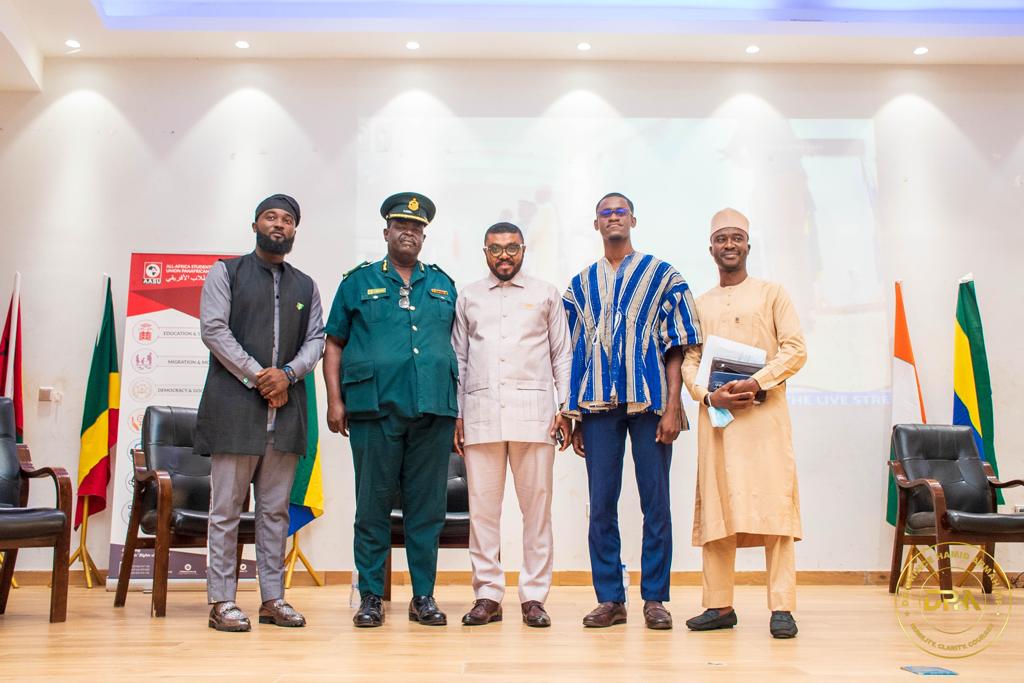Education Minister Tarek Shawki has announced that the current education system will disappear by 2026, gradually being replaced by a new one.
During the Iftar (Breaking fast) group at the American Chamber of Commerce in Cairo, Shawki revealed that the new education reform will prevent the teacher from correcting school exams.
Shawki said the new system will change the exams at Thanaweya Amma High School, which causes great pressure and stress for students and their families. Instead of a final exam, there will be a three-year assessment, and the exam system will move to something that fairly measures student skills and understanding.
He also shed light on the issue of the cost of private tutors, saying they cost families LE 20-25 billion per year and some private classes have very expensive tickets ranging from LE 200-500.
“Paper books will also be cancelled,” Shawki said.
Shawki explained that the education budget costs a total of LE 80 billion; LE 68 billion for salaries, LE 6 billion for buildings, LE 3 billion for books and LE 3 billion for Thanaweya Amma’s food and expenses.
Shawki announced earlier that the school tablets will be provided free of charge by the Ministry of Education and will work through school networks and pre-recorded data to avoid any internet connectivity issues. The tablets, which should be distributed to first-year secondary school students from next year, will operate at high capacity in all cities and towns with equal quality and performance.
A few weeks ago, Shawki unveiled a new reform system that will take place in September 2019 as part of Egypt’s education development strategy, which will cost around $2 billion over a 14-year period; the new system will be applied to kindergarten and first year and will include new curricula, assessment methods and examinations, and that the rest of the existing years will be developed in parallel.
The minister also pointed out that Thanaweya Amma’s exams will be electronic and without any interference from teachers. Examinations will take place at school level and not through a unified national examination.
Results will be answered, verified and announced electronically. Secondary students will take 12 exams over three years and the highest score will be calculated, giving students more than one chance to answer.
Shawki said the first part of the project is to build a new early childhood education system with real balanced life skills, the second part is to improve the conditions of teachers, the third part is to improve the assessment systems to measure the real skills of high school students, and the plan includes the launch of electronic learning platforms.



